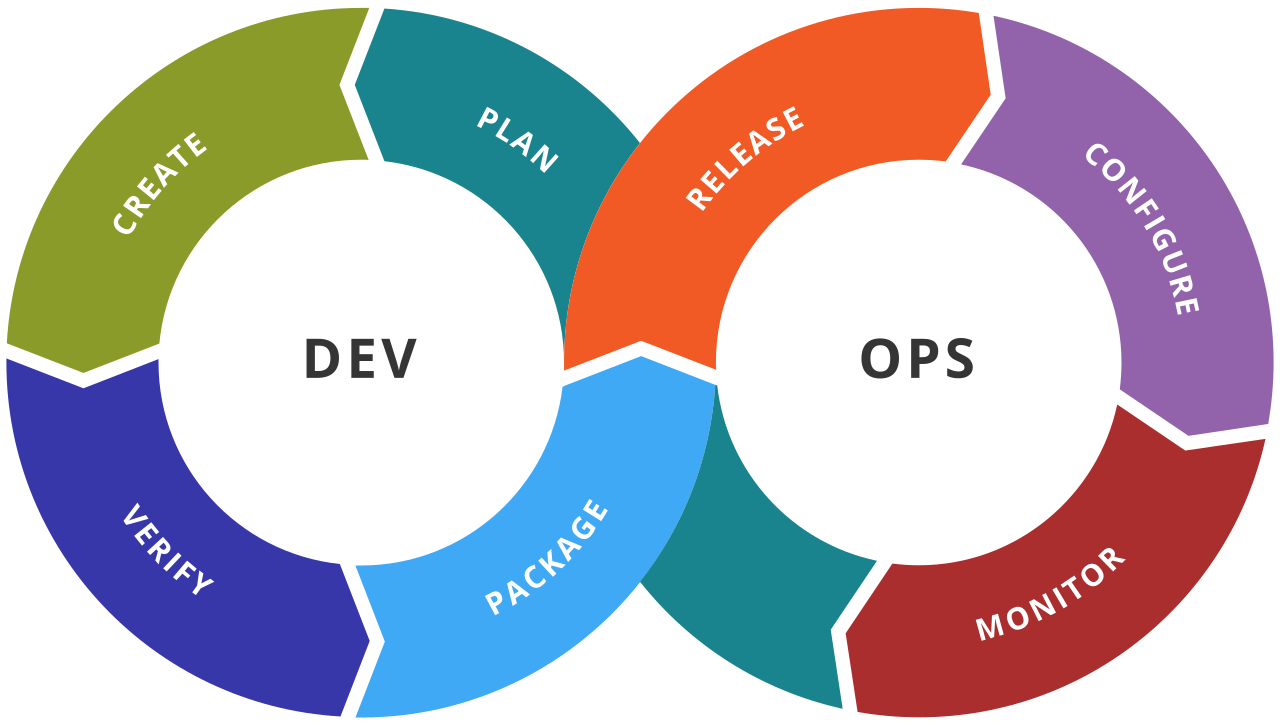Introduction:
DevOps, the combination of development and operations, has become a key paradigm in modern software development. It emphasizes collaboration, automation, and continuous delivery to achieve faster and more reliable software development processes. To facilitate these practices, numerous DevOps tools have emerged, each addressing specific aspects of the development lifecycle. In this article, we’ll explore the top 10 DevOps tools that play a crucial role in enhancing collaboration, automation, and efficiency in software delivery.
- Jenkins:
- Overview: Jenkins is an open-source automation server used for building, testing, and deploying code. It supports the integration of various plugins and provides a pipeline feature for defining complex workflows, making it a popular choice for continuous integration and continuous delivery (CI/CD) pipelines.
- Docker:
- Overview: Docker is a containerization platform that enables developers to package applications and their dependencies into containers. These containers can run consistently across various environments, providing a standardized and reproducible deployment process. Docker significantly simplifies application deployment and scalability.
- Git:
- Overview: Git is a distributed version control system that allows multiple developers to collaborate on a project efficiently. It facilitates code branching, merging, and tracking changes, ensuring a smooth collaboration process. Platforms like GitHub and GitLab provide Git repository hosting and collaboration features.
- Ansible:
- Overview: Ansible is an open-source automation tool that simplifies configuration management, application deployment, and task automation. It uses simple YAML scripts (playbooks) to define automation tasks, making it easy to learn and implement. Ansible is agentless, making it suitable for various infrastructure environments.
- Kubernetes:
- Overview: Kubernetes is a container orchestration platform that automates the deployment, scaling, and management of containerized applications. It provides a robust and scalable infrastructure for container orchestration, ensuring applications run consistently across diverse environments.
- Puppet:
- Overview: Puppet is a configuration management tool that automates the provisioning and management of infrastructure. It uses a declarative language to define system configurations, ensuring consistency across servers. Puppet is particularly useful for managing large-scale, complex infrastructures.
- Chef:
- Overview: Chef is another popular configuration management tool that automates infrastructure as code. It allows developers to define and manage infrastructure configurations using reusable code. Chef supports both on-premises and cloud-based infrastructure.
- Prometheus:
- Overview: Prometheus is an open-source monitoring and alerting toolkit designed for reliability and scalability. It collects and stores time-series data, providing a powerful platform for monitoring various aspects of an application or infrastructure. Grafana is often used in conjunction with Prometheus for visualization.
- Jira:
- Overview: Jira, developed by Atlassian, is a widely used project management and issue tracking tool. It helps development teams plan, track, and manage their work efficiently. Jira integrates with various development and collaboration tools, providing a centralized platform for project management.
- Splunk:
- Overview: Splunk is a powerful log analysis and monitoring tool that helps organizations gain insights into their applications and infrastructure. It collects and analyzes log data in real-time, offering visibility into system performance, security, and user behavior.
Conclusion:
The DevOps landscape is continually evolving, and the tools mentioned above play a pivotal role in achieving the goals of collaboration, automation, and continuous delivery. Depending on specific project requirements and organizational needs, DevOps teams can leverage these tools to streamline their workflows, enhance efficiency, and deliver high-quality software at a faster pace. As technology advances, new tools may emerge, but the essence of DevOps remains centered around fostering collaboration and automation in software development processes.

